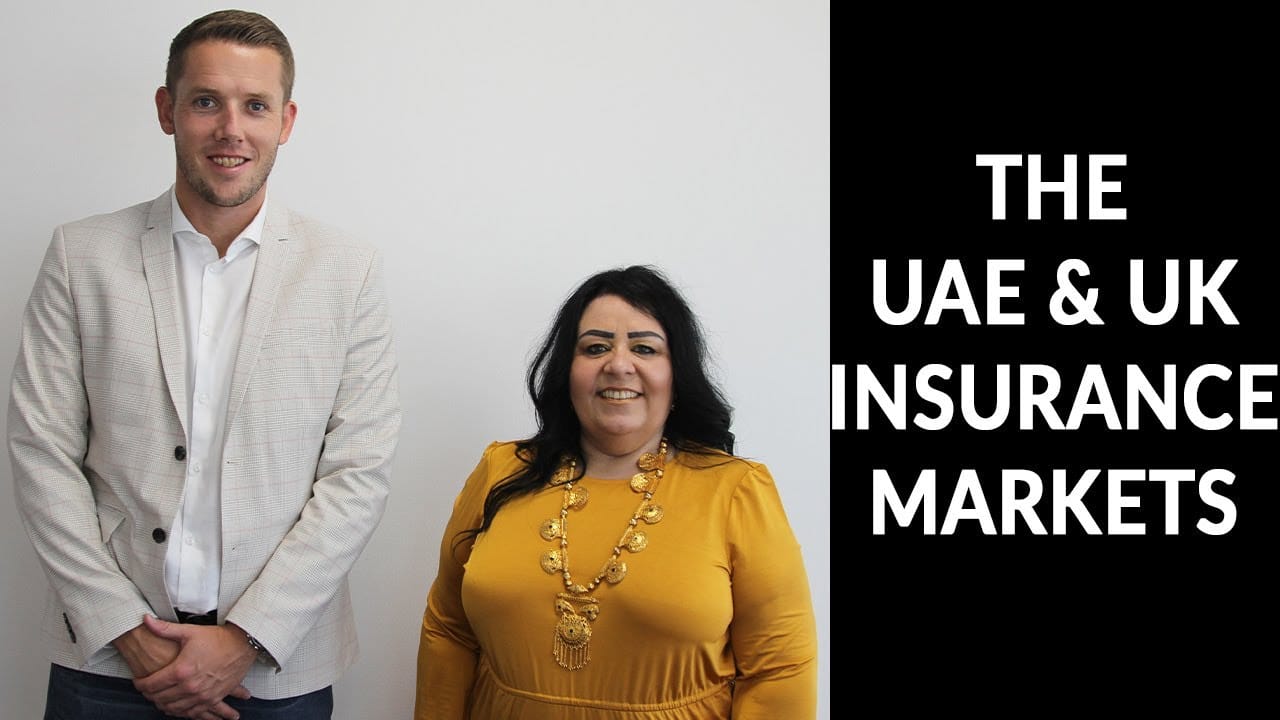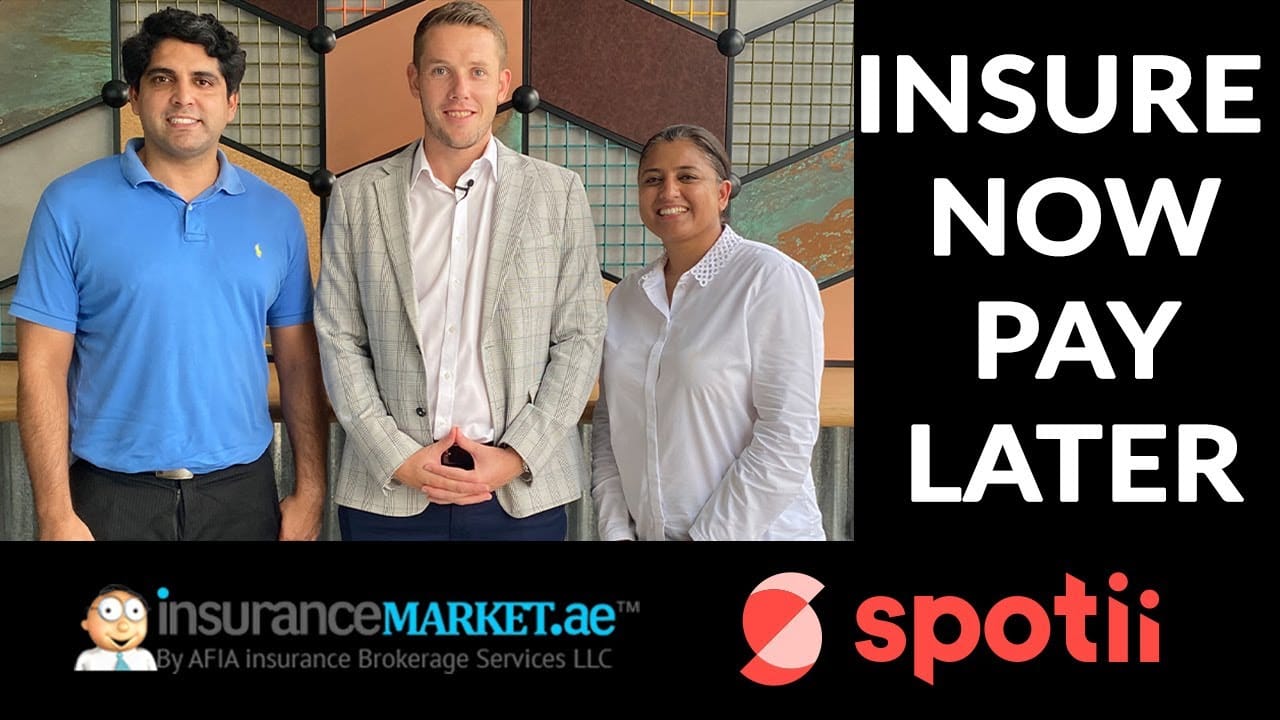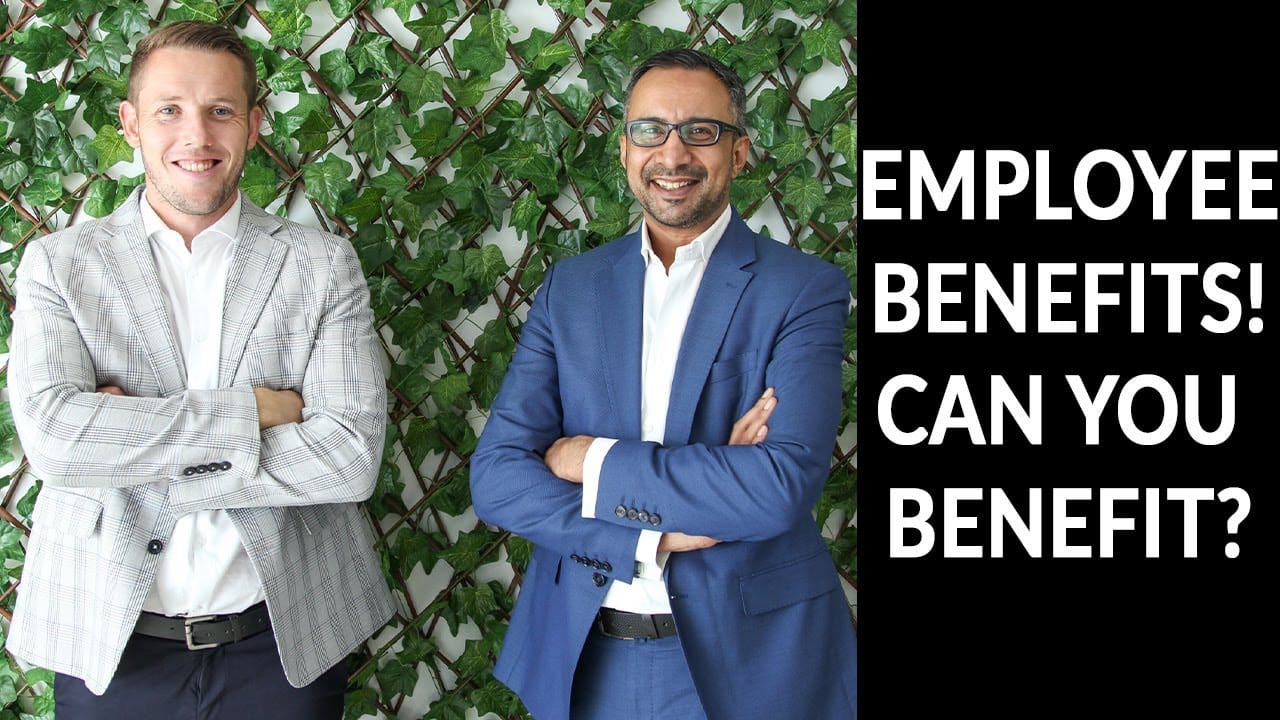With vast experience in both the UAE and UK Insurance markets, I sat down with Rachel Awad (Director of Strategic Projects at Insurancemarket.ae) to find out how different these two countries are when it comes to insurance. We also discussed the main changes within the industry over the years and even what it takes to be a successful company within this fast moving, dynamic and competitive industry. Just how important is the personal touch when it comes to dealing with clients despite the impact of the internet and technology?
Despite being from the UK, growing up there and so far spending the majority of my working career in the country… I am yet to experience the UK insurance industry first hand unlike I have within the UAE. However, one person that certainly has a firm grasp on both markets is Rachel and I was keen to dig a little deeper into that experience to get a better understanding on if and how these markets differ.
With my two favorite countries as the subject (and industry) It was an interview I was excited to get into…
Lee: “So, you’ve a long experience spanning 3 decades, what are the major changes you’ve seen in the industry overall internationally?”
Rachel: “I will talk here about the shift in buying behaviours, greater awareness of the role that insurance can play in people’s lives, and the need to protect assets that people have worked hard for as well as the risks that they face visibly and invisibly. Need forautomated/online/digital solutions for not just millennials but also the middle-aged and the silver surfers (ie. those over 55/60). Introduction of new products to meet the demands of modern life (eg. Cyber insurance, enhanced Travel, private medical insurance (in countries where public healthcare also exists, HNW for valuables etc as people’s spending power has increased and more luxury goods have become available). 24-7/365 availability through online portals and call centres but traditional face-to-face still favoured by many. Today’s insurance is about choices and options like never before”
Lee: “If we look at the UK and UAE specifically, what would you say are the main differences?”
Rachel: “I would say that both the UAE and UK are heavily multi-cultural societies but the difference lies in the population demographics. At around 9.6 million the UAE is around an 1/8 th of the UK in terms of population but is made up of approx 95% expat residents. This creates a very interesting dynamic and against this backdrop, insurance and the way it is sold is quite different.
Cultural dynamic can play a part. Westerners tend to be more used to the concept of insurance and have probably had a number of insurance policies back in their home country. They therefore will look to take out adequate protection during their residency in the UAE and this will be a mixture of mandatory and elective products. Those from the Indian subcontinent and Far East are familiar too with insurance products from back home and many will have purchased through channels such as Bancassurance where insurance may have been a requirement for a loan or a certain type of bank account. Locals and other Muslim Arabs however may have a differing approach: after all conventional modern insurance in itself can be considered “haram” or forbidden to the “al gharar” or uncertainty principle under which it operates. Some Muslims may see it as a form of mistrust in fate: ie. a speculative risk reward and will not take out insurance as a result. Others will be prepared to take out “Takaful insurance” on the basis that it is non-profit making: based on a mutual or collective principle. So, culture plays a huge part in how insurance is structured, sold and serviced.
Considering methods of buying, whilst online portals and call centres exist in numbers in the UK, it would be fair to say that many still only shop within “office hours” and maybe Saturday at the weekend: a 24-7/365 offering is not favoured. Compare that to the UAE where there is an app for almost anything and services offered around the clock and you’ll see that the insurance business here too has to fall in line with that or get left behind.
However, whilst an app might give an initial first contact or indication, a lot of sales in UAE end up being converted or facilitated by a broker or intermediary. This is because consumers are mainly driven by a mandatory need to buy and/or a basic knowledge of insurance products out there that could help them in their daily lives. When it comes to knowing what they need and understanding the product range and cover however, they need the services of someone to explain that for them.
This is why brokers still have such a big role here in the UAE. Contrast this with the UK where insurance knowledge is more developed generally so buyers just use brokers to save them filling out details on a website when renewing or buying or to help them fight a claim. Price comparison websites are used as a tool in the UK to shop around for deals: knowledgeable shoppers go on to buy direct online whereas those needing more service or reassurance tend to use the prices to feedback to a broker to see if they can get a better deal from them.
Looking at major types of insurance specifically, when it comes to medical insurance, there is a fundamental difference in that Health Care is free for all in the UK under the Govt’s National Health Service, whereas here in the UAE free health care is only available for Emiratis. Therefore, there is a mandatory need for residents (and tourists) to have private medical insurance in place and the market is very competitive with all major insurers and brokers offering this cover, ranging from essential DHA cover to more extensive policies offering higher limits and worldwide coverage.
However, in the UK there is a growing trend to also take out private medical insurance to complement the public offering as this can assist in getting you treatment more quickly and sometimes more specialised. With a growing population that is around 8 times that of the UAE, the NHS can get overloaded; creating long waiting times to see Consultants and to “skip the queues” private medical solutions can be used”
Rachel makes an interesting point and one that I would certainly agree with “culture plays a huge part in how insurance is structured, sold and serviced” This is something that has t be considered in a place as diverse as the UAE for example, in order to meet the needs and demands of clients we have to adapt to the culture of those clients and be ready to change for the next person, then perhaps change back again for the next. The variety of cultures within the UAE is a pleasure to be a part of but you have to understand and perhaps most importantly respect those cultures even when it comes to insurance.
Lee: “What conclusions have you drawn in relation to being or becoming a successful insurance business in the UAE?”
Rachel: “In my view, the most successful insurance businesses in the UAE are those that really try tounderstand the needs of their consumer: keeping pace with innovation, making insurance accessible, offering expert advice when needed and keeping things simple for the customer. Since it was launched 10 years ago, InsuranceMarket.ae has been at the forefront of the market because of these factors. With over 400 expert employees (and still growing) who have a real passion for insurance, it’s the largest retail insurance broker in the UAE and is a top producer for all the leading Insurance Companies in the UAE. Offering products through a digitally accelerated insurance broking platform as well as through it’s customer service call centre advisors, it sells a range of personal and commercial insurances and with over 12,000 Google Reviews and a 4.9 star rating it’s obviously getting things right”
Having talked with Rachel, it is clear that the combination of experience she has from working within the industry in different countries has helped her to develop a very well rounded knowledge of these markets and a wealth of knowledge. Keen to hear more, I was hanging on to her words and it certainly felt like she could have talked for much longer around this subject even after sharing so much value during the interview.
Naturally, there are differences between the UAE and UK but at the same time and as with many other countries, there are also a significant number of similarities. It remains to be seen whether these differences/similarities will continue on the same path or potentially drift further apart but perhaps there is many aspects that each can learn from the other.





